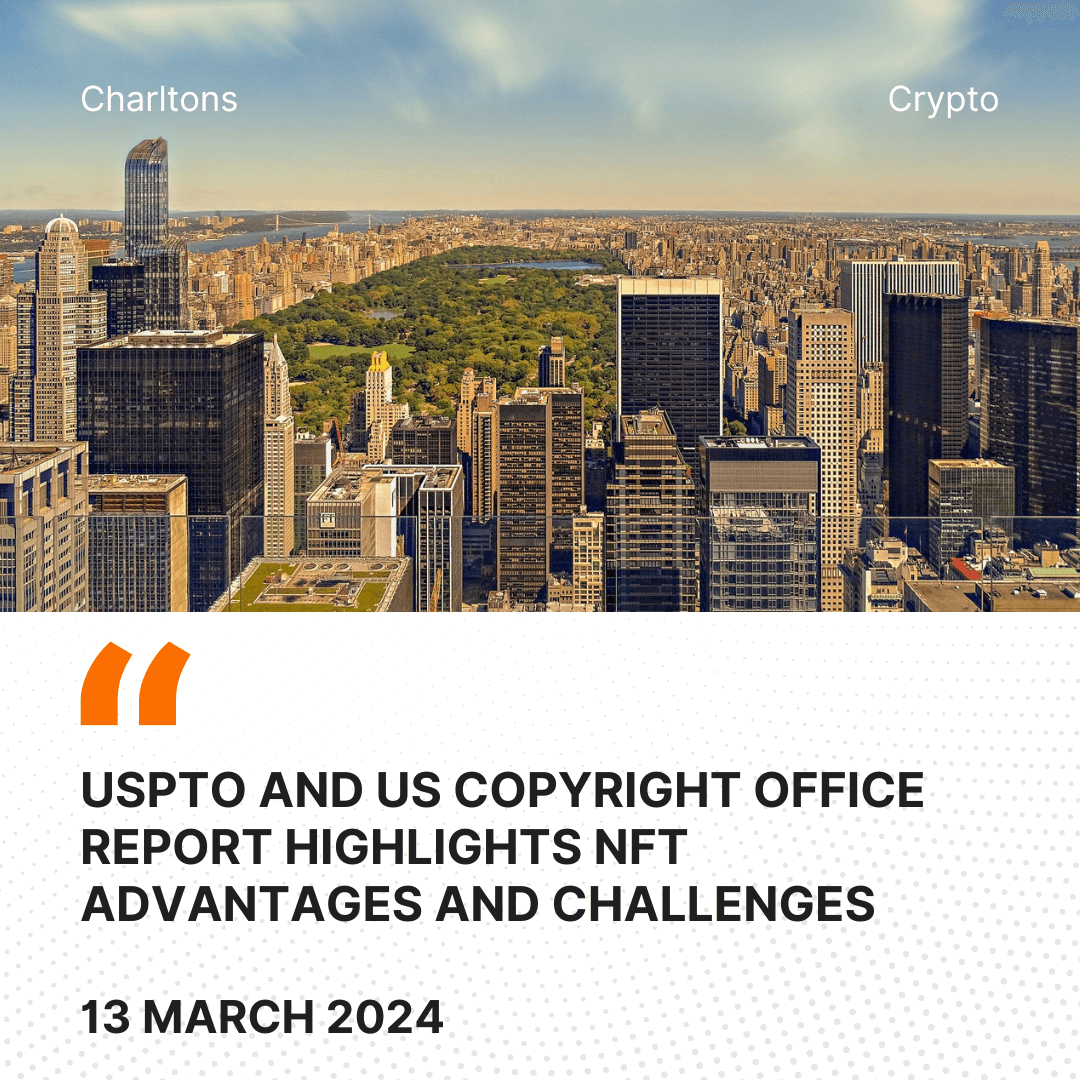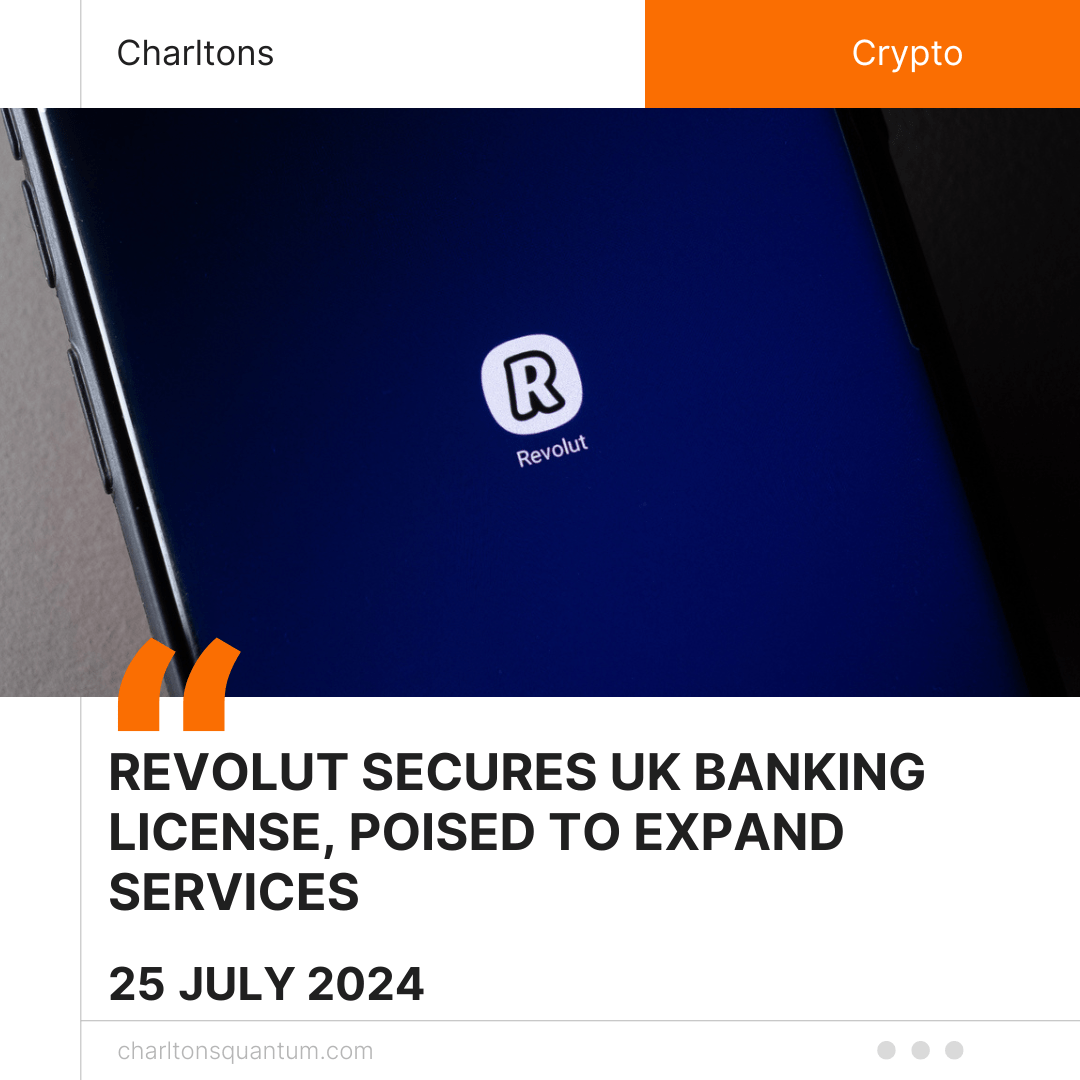
The U.S. Patent and Trademark Office (USPTO) and the U.S. Copyright Office jointly released a report acknowledging both the benefits and obstacles present in the non-fungible token (NFT) space. After analyzing public comments and key details, the Offices concluded that existing statutory enforcement mechanisms are adequate to address prevalent infringement concerns in the NFT arena. They cautioned against making any amendments to intellectual property (IP) laws at the present time, stating it is not advisable.
The report was commissioned following a request from former Senator Patrick Leahy and Ranking Member Thom Tillis. Kathi Vidal, Under Secretary of Commerce for IP and Director of the USPTO, highlighted the unique opportunities NFTs offer creators to leverage their IP rights while addressing the new challenges in keeping their work secure. Vidal assured continued efforts to identify and address these issues in collaboration with industry and government collaborators. Similarly, Shira Perlmutter, Register of Copyrights and Director of the U.S. Copyright Office, emphasized the broad spectrum of comments received from various contributors and expressed the Offices’ commitment to engage with stakeholders on emerging technologies and their implications for IP rights.
The USPTO and US Copyright Office’s acknowledgment of the adequacy of existing enforcement mechanisms is a cautious approach to regulatory changes in the NFT space. While recognizing the unique opportunities and challenges posed by NFTs, the report shows the importance of ongoing collaboration between industry stakeholders and government agencies to address emerging issues effectively. The decision not to recommend changes to IP laws reflects a desire to maintain regulatory stability while closely monitoring developments in the NFT ecosystem. Moving forward, continued dialogue and collaboration will be essential to ensure that IP policies evolve in tandem with advancements in technology to support the needs of creators and innovators.





